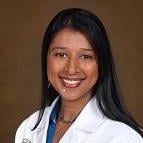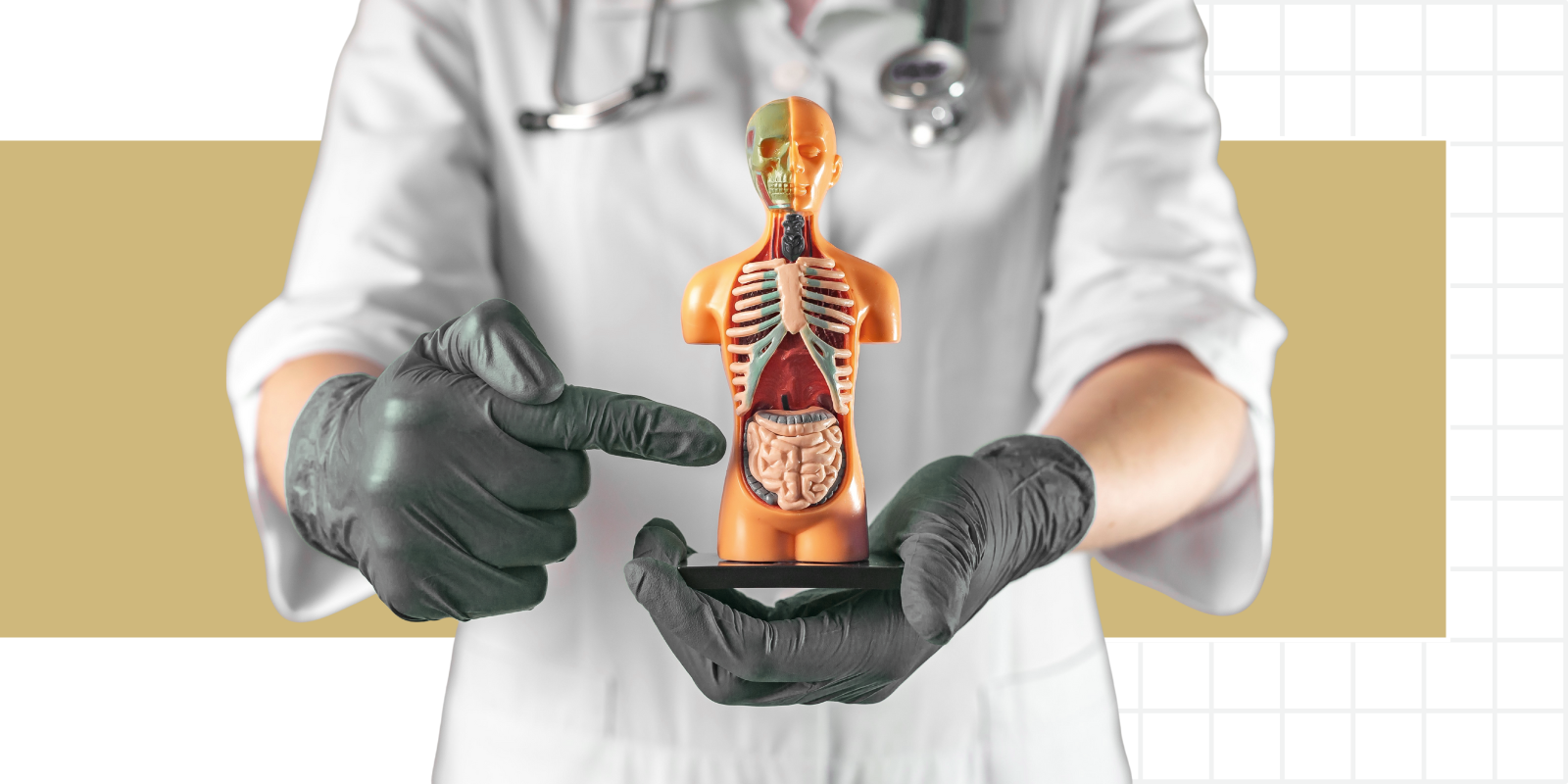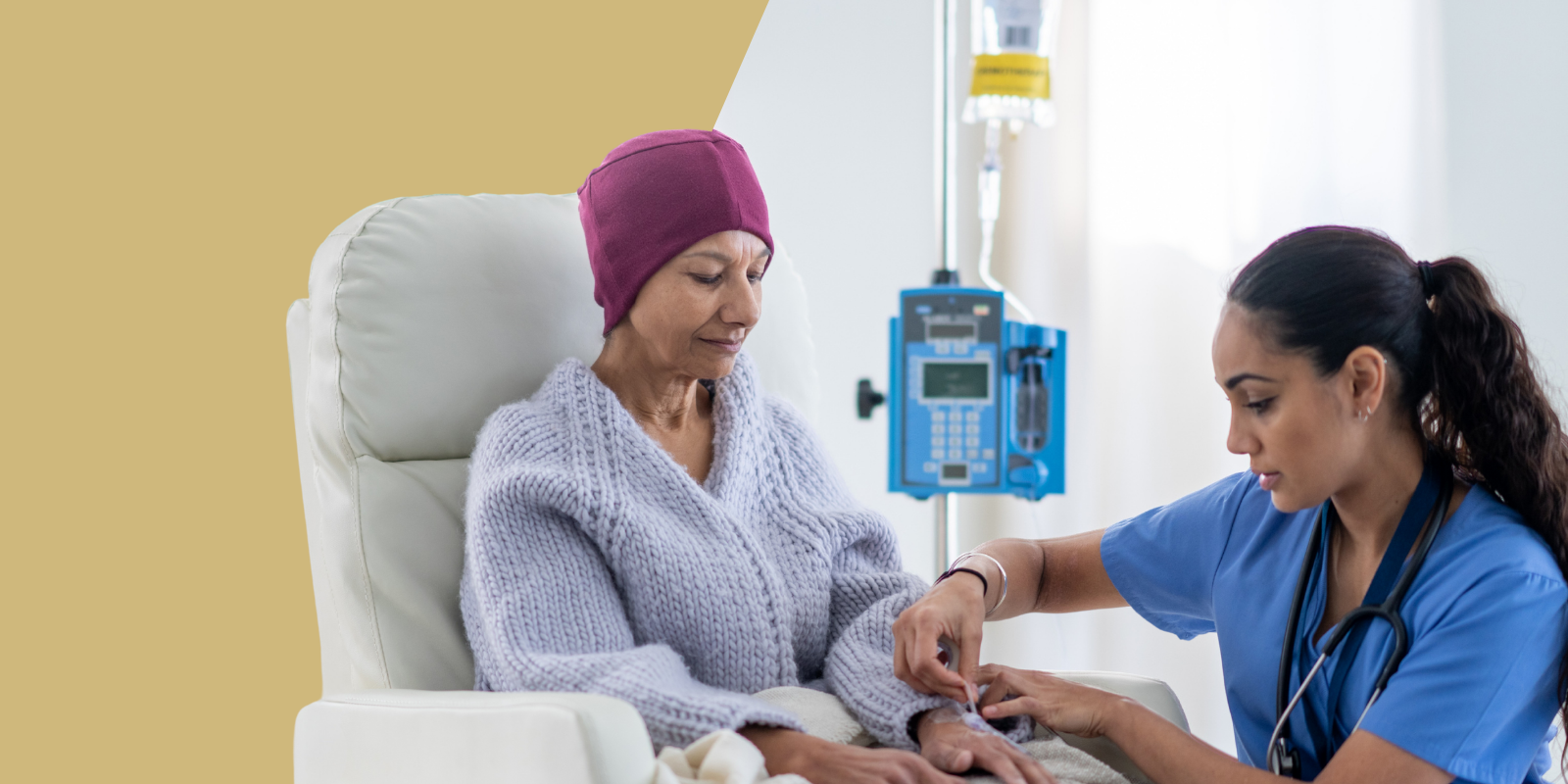There are many options for early detection of colorectal cancer these days — including stool-based tests like Cologuard — but experts such as University of Colorado Cancer Center member Swati Patel, MD, emphasize that the good old colonoscopy is key for detecting and removing precancerous polyps from the colon.
“There are multiple screening options for colorectal cancer, but high-quality colonoscopy is a part of every single one of them,” says Patel, associate professor of gastroenterology in the Department of Medicine in the CU School of Medicine. “It's perfectly reasonable and acceptable to choose a stool-based test or CT colonography, but those tests must be paired with high-quality colonoscopy if that first test is abnormal. To truly get the benefit of screening, you have to complete a colonoscopy.”
Better preparation
Gastroenterologists know that for patients, the worst part of the colonoscopy process is the infamous bowel prep process that happens the day before. The good news, Patel says, is that it’s not as bad as it used to be.
“People who are coming up on the recommended screening age, the 45-year-olds, they might ask their parents what they have to do to prepare for a colonoscopy,” says Patel, a member of the U.S. Multi-Society Task Force on Colorectal Cancer that just issued updated guidelines for bowel preparation for colonoscopy. “Their parents may have had to drink a huge volume of liquid in a short period of time the night before their procedure, then sometimes they would show up and be told by their doctor that the bowel prep wasn't perfect or wasn't ideal. Things have changed a lot since that era.”
One of the biggest changes, Patel says, is that the dosage of the laxative medication taken prior to the procedure is now split into two doses.
“We recognize that the body continues to make waste even when we're not eating anything, even while we're in the midst of a bowel prep,” she says. “In recognition of that, we now recommend what's called a split-dose bowel prep, where you take half of the prep the evening before the procedure, and then half the morning of the procedure. That has shown significantly improved cleansing rates and improved polyp detection rates.”
Not only does that mean that the overall volume of liquid is split in half, but the total amount of liquid that needs to be consumed is around half of what it was a decade ago — two quarter gallons in total, taken hours apart, in what’s called low-volume prep.
“Studies have shown that low-volume prep improves tolerability and a patient’s willingness to repeat it, which is important, because if we find polyps and a patient needs to get another colonoscopy in three years or five years, we want to find a prep they're actually willing to repeat,” Patel says
Steps to follow
Each provider will have slightly different procedures, Patel says, so it’s important to closely follow the instructions you’re given prior to a colonoscopy. It’s also important to let the colonoscopy team know what prescription medications you’re taking, as some medicines will require small changes to the prep instruction.
Generally, however, bowel prep before a colonoscopy will involve:
- Consuming no solid food and only clear liquids, such as water, tea, light-colored juice, or light-colored sports drinks, the day before the procedure.
- When you begin taking the laxative medicine — which has the same active ingredient as over-the-counter laxatives like MiraLAX — consume it in a relatively short period of time. Patel recommends drinking eight ounces every 15 minutes or so until you’ve consumed it all, hydrating throughout the process as much as possible.
- Stay close to a bathroom the first night, and don’t expect to get a lot of sleep. The medicine works over a period of time and will require frequent trips to the bathroom.
- The day of the procedure, consume no solid food and only clear liquids. Start the second round of prep around four to six hours before the procedure, and make sure you’re finished at least two hours before. “Some patients are still having a liquid output leading up to the procedure, and that's perfect,” Patel says. “That's exactly what we want.”
- Most colonoscopies are performed under IV sedation, either “twilight sedation” or a deeper level of sedation. Providers ask that someone else drives you to and from the procedure and is there to talk to the colonoscopist afterward. You will get preliminary results right away, and in a document you can review once you get home. If polyps are found during the procedure, they will be removed and sent to a lab to see if they are pre-cancerous. Those results take around a week to get.
- You can eat normally after a colonoscopy, though patients are advised to start with a light meal, such as a sandwich or soup. “The other thing we warn people about is that, because their system's empty, they may not have a bowel movement as they normally would the day of the procedure or the next day,” Patel says. “It might take a couple of days to reacclimate and get back into their usual bowel habits.”
Keep it clean
Why is a thorough bowel prep so important, anyway? Patel explains:
“The objective of colonoscopy is to find polyps at the early stages, before they cause symptoms, and at curable stages before they turn into cancer,” she says. “A big factor in the quality of a colonoscopy is how well the colon tissue has been cleansed, because that dictates how well we can see. Cancers and polyps can be subtle. They can be flat; they can be hiding behind folds, so having a pristine bowel prep optimizes the colonoscopist’s ability to see these subtle changes.”




